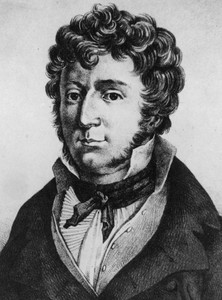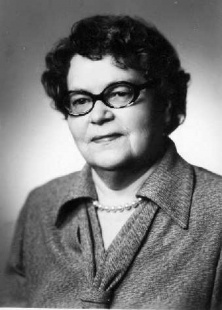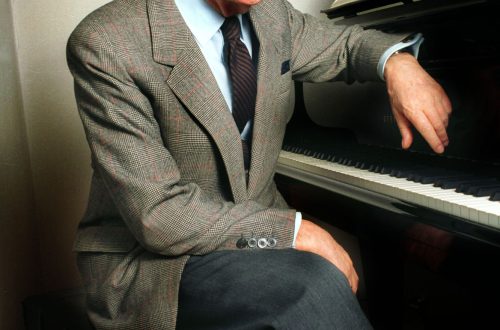
John Field (Field) |
John Field
Although I haven’t heard him many times, I still remember his strong, soft and distinct playing well. It seemed that it was not he who struck the keys, but the fingers themselves fell on them, like large drops of rain, and scattered like pearls on the velvet. M. Glinka

The famous Irish composer, pianist and teacher J. Field connected his fate with Russian musical culture and made a significant contribution to its development. Field was born into a family of musicians. He received his initial musical education from the singer, harpsichordist and composer T. Giordani. At the age of ten, a talented boy spoke publicly for the first time in his life. After moving to London (1792), he became a student of M. Clementi, an outstanding pianist and composer, who by that time had become an enterprising piano manufacturer. During the London period of his life, Field demonstrated instruments in a shop owned by Clementi, began to give concerts, and accompanied his teacher on trips abroad. In 1799, Field performed for the first time his First Piano Concerto, which brought him fame. In those years, his performances were successfully held in London, Paris, Vienna. In a letter to the music publisher and manufacturer I. Pleyel, Clementi recommended Field as a promising genius who had become a favorite of the public in his homeland thanks to his compositions and performing skills.
1802 is the most important milestone in Field’s life: together with his teacher, he comes to Russia. In St. Petersburg, the young musician, with his wonderful playing, advertises the merits of Clementi pianos, performs with great success in aristocratic salons, and gets acquainted with Russian musical art. Gradually, he develops a desire to stay in Russia forever. A large role in this decision was probably played by the fact that he was warmly received by the Russian public.
Field’s life in Russia is connected with two cities – St. Petersburg and Moscow. It was here that his composing, performing and pedagogical work unfolded. Field is the author of 7 piano concertos, 4 sonatas, about 20 nocturnes, variation cycles (including on Russian themes), polonaises for piano. The composer also wrote arias and romances, 2 divertissements for piano and string instruments, a piano quintet.
Field became the founder of a new musical genre – the nocturne, which then received a brilliant development in the work of F. Chopin, as well as a number of other composers. Field’s creative achievements in this area, his innovation was highly appreciated by F. Liszt: “Before Field, piano works inevitably had to be sonatas, rondos, etc. Field introduced a genre that did not belong to any of these categories, a genre, into in which feeling and melody have supreme power and move freely, unfettered by the fetters of violent forms. He paved the way for all those compositions that subsequently appeared under the title “Songs without Words”, “Impromptu”, “Ballads”, etc., and was the ancestor of these plays, intended to express inner and personal experiences. He opened up these areas, which provided for fantasy more refined than majestic, for inspiration rather tender than lyrical, as new as noble field.
Field’s composing and performing style is distinguished by melodiousness and expressiveness of sound, lyricism and romantic sensuality, improvisation and sophistication. Singing on the piano – one of the most important features of Field’s performing style – was so captivating for Glinka and many other outstanding Russian musicians and music connoisseurs. Field’s melodiousness was akin to Russian folk song. Glinka, comparing Field’s playing style with that of other famous pianists, wrote in Zapiski that “Field’s playing was often bold, capricious and varied, but he did not disfigure art with quackery and did not chop with his fingers cutletslike most of the newest trendy drunkards.”
Field’s contribution to the education of young Russian pianists, both professionals and amateurs, is significant. His teaching activities were very extensive. Field is a desired and respected teacher in many noble families. He taught such prominent later musicians as A. Verstovsky, A. Gurilev, A. Dubuc, Ant. Kontsky. Glinka took several lessons from Field. V. Odoevsky studied with him. In the first half of the 30s. Field made a big tour of England, France, Austria, Belgium, Switzerland, Italy, highly appreciated by reviewers and the public. At the end of 1836, the last concert of the already seriously ill Field took place in Moscow, and soon the wonderful musician died.
Field’s name and work occupy an honorable and respected place in Russian musical history. His compositional, performing and pedagogical work contributed to the formation and development of Russian pianism, it paved the way for the emergence of a number of outstanding Russian performers and composers.
A. Nazarov





